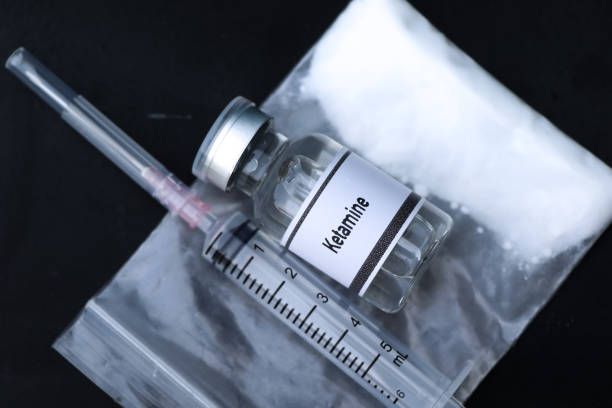In a recent study, researchers described treatment-emergent sexual dysfunction (TESD) and tolerability following a switch from selective serotonin reuptake inhibitor (SSRI: citalopram, paroxetine, or sertraline) monotherapy to vortioxetine or escitalopram monotherapy in adults with well-treated major depressive disorder (MDD) and SSRI-induced sexual dysfunction. The study was published in CNS Spectrums.
Methods:
Data were analyzed from the primary study, an 8-week, randomized, double-blind, head-to-head study in which participants with well-treated depressive symptoms but experiencing TESD with SSRIs were directly switched to flexible doses (10/20 mg) of vortioxetine or escitalopram. Sexual functioning was assessed by the Changes in Sexual Functioning Questionnaire-14 (CSFQ-14), efficacy by the Montgomery–Åsberg Depression Rating Scale scores (MADRS) and Clinicians Global Impression of Severity/Improvement (CGI-S/CGI-I), and tolerability by adverse events. Efficacy and tolerability were assessed by pre-switch SSRI therapy where possible, and by participant characteristics.
Results:
Greater improvements in TESD were seen in the vortioxetine compared with escitalopram groups based on: participant demographics (≤45 years, women; P = 0.045), prior SSRI treatment (P = 0.044), number of prior major depressive episodes (MDEs) (1–3; P = 0.001), and duration of prior SSRI therapy (>1 year; P = 0.001). Prior SSRI treatment did not appear to influence the incidence or severity of TEAEs, except for nausea. Regardless of prior SSRI, both treatments maintained antidepressant efficacy after 8 weeks.
Conclusion:
Results suggest that vortioxetine is a safe and effective switch therapy for treating SSRI-induced sexual dysfunction in adults with well-treated MDD. Also, improvement in sexual dysfunction with vortioxetine or escitalopram may be influenced by prior SSRI usage, sex, age, and history of MDEs.




Leave A Comment